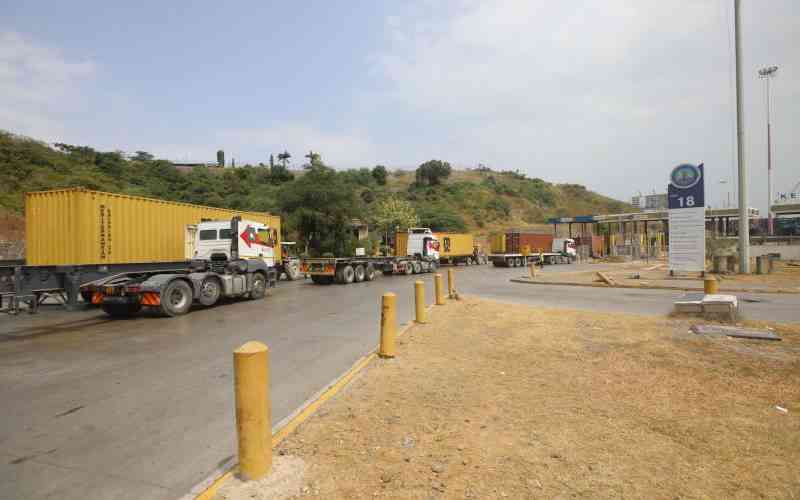Mineral Traceability Resumes in DRC's Walikale, But Risks Persist - Ecofin Agency
The International Tin Supply Chain Initiative (ITSCI) has announced it is resuming operations in Walikale, North Kivu province of the Democratic Republic of Congo. This marks the end of a suspension initially imposed in March 2025. The move comes despite ongoing concerns about the financing of non-state armed groups, a primary risk that led to the suspension of traceability for 3T minerals tin, tantalum, and tungsten in the region.
ITSCI stated that its teams are conducting joint assessments with public authorities across various production sites to restart the tagging of mineral batches. Once tagged, these minerals will be transported to Maniema province for sale and export. However, the organization cautioned that there is still a risk of illegal taxes being levied along transport routes.
ITSCI did not identify who is imposing these illegal levies. However, independent reports in recent years have indicated that rebel groups establish roadblocks to extort passage fees from miners. A March 2024 report by the Belgian group International Peace Information Service (IPIS) found that 36% of roadblocks in the Walikale and Masisi territories were controlled by non-state armed actors.
The initial suspension of ITSCI's activities was prompted by the presence of the M23 rebel group in Walikale. Since the group's withdrawal in early April, industrial operations, such as Alphamin Resources' Bisie tin mine, the province's only large-scale tin site, have resumed.
While ITSCI claims to support the "responsible" export of over 23,000 tons of 3T minerals annually, it has faced long-standing criticism over flaws in its certification system. In 2022, Global Witness accused the initiative of effectively "whitewashing" 3T minerals sourced from militia-controlled mines or those involving child labor.
Regardless of traceability efforts, smuggling and illicit exports of minerals continue to plague the DRC. In April 2025, Global Witness accused European trader Traxys of sourcing coltan from M23-controlled zones. Until structural weaknesses in the control of supply routes and involved actors are addressed, the credibility of Congo’s traceability system will remain under pressure.







